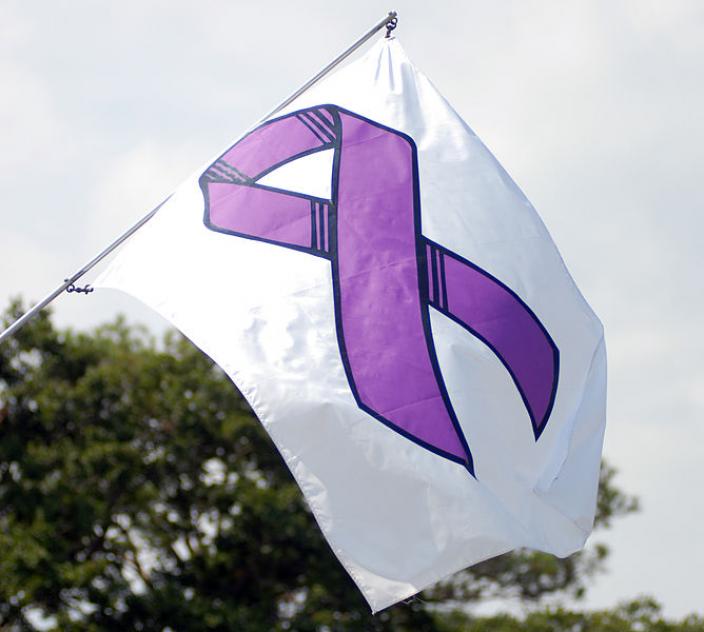
As with any Torah Study, we each bring our own experiences and learning to the table. This Torah portion is one that we all know well, but each of us has different reactions to different parts of the text as well as different experiences, with the text.
Basically this text relates the story of the Jews departing from Egypt, splitting of the Reed Sea, rejoining of the waters, continuing on to the Songs of the Sea by Miriam and ending with the journey in to the wilderness. G-d then sends manna from heaven.
As I reflect on the parashah, I must say that if, indeed, the story is factual in its timeline then we must all be in awe of the amount of change that occurred in a very short time. While I am not sure that it is not a compacted report of the events, it still lends itself to myriad events, any one of which, could be given much thought. I will approach these comments from a women’s point of view and focus on the Celebration of Deliverance.
As the story continues, the Israelites begin to grumble and become restless as they wait for further instructions. The people aren’t sure when they will be ‘fed’! G-d is right on it. He sends flesh and manna. Later he gives them water. G-d provides the Israelites with water, manna and flesh, but they refuse to follow instructions. They take too much, they don’t take enough…they go hunting when G-d tells them not to. They collect double and then want more on the Sabbath, but G-d had told them not to work on this day. Thus this portion of Torah seems to depict the men as having little reaction or interaction except maybe to cause disruption and not follow directions.
I believe that what happened next is the most critical religious action taken by the women. The women danced. Miriam took her hand drum and the women began to dance. But this was just the beginning. As modern women, we often dance when we are together in groups during a service. While some areas of Judaism still do not see women as equal, I see the Women of Reform Judaism dancing as one of the activities that help us understand a traditionally male dominated world, as being our own. It is an activity that is special to us as we seek to fulfill the practices/participation in services, such as reading the Torah, that are meaningful to us. As we progress in the study of Torah, Rabbinical ordination, congregational leadership and just plain becoming better people in this world, we should take this Torah portion to heart. We see G-d as a provider, women gaining their own power, and Judaism as a place in the world where women can and should play a part in the mainstream of congregational life. We must all be a little bit Miriam, using our own Jewish educations and the teachings of the Torah, as well as our skills, such as dancing, to better our communities, both religiously and secularly.
Meg Marshak is a WRJ Board Member and member of Congregation Beth Ahabah Women of Reform Judaism in Richmond, VA.
Related Posts

Parashat Yom Rishon shel Rosh HaShanah

Cultivating a Culture of Accountability and Belonging

